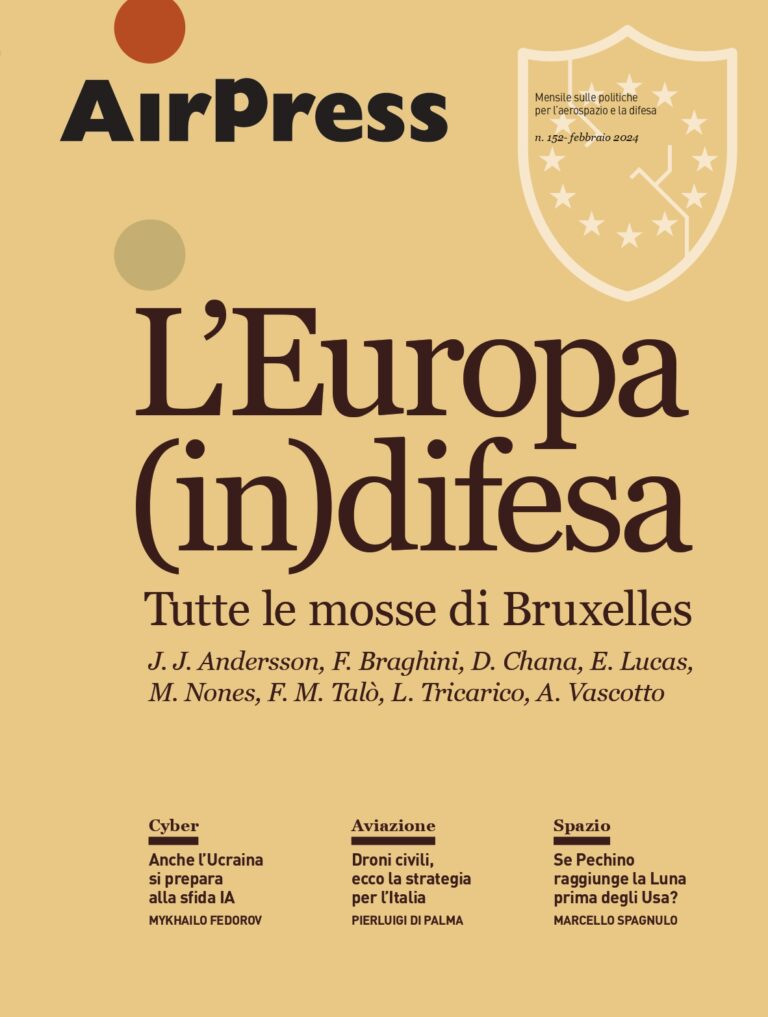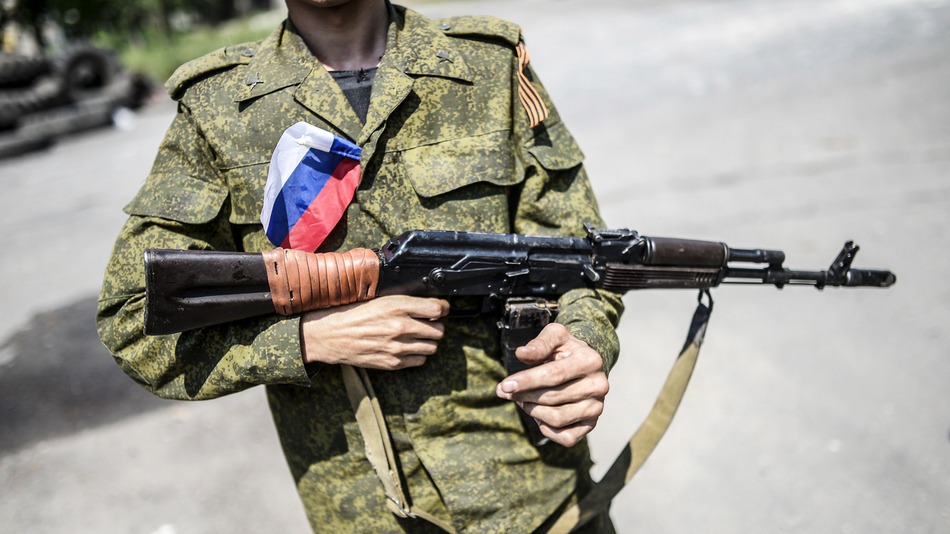This morning my friend Giacomo Augugliaro, a Russian speaking lawyer and consultant who has been working in Moscow for the past six years, sent me an article that caught my attention. To my utmost surprise the Moscow news multimedia service Sputnik (which is directly owned by the Russian government via the news agency Rossiya Segodnya) mentioned Formiche.net in an article on Saturday’s Victory Day parade commemorating the end of World War II. Sputnik mentioning Formiche.net? I was both astonished and somewhat disconcerted. Perhaps unsurprisingly, the opinions expressed did not at all reflect the “official” position of the magazine on Russia, which are clearly summarized by Paolo Messa’s editorial on May the 9th. A quick search on the magazine’s website was enough to clarify the matter. The unnamed Italian journalist quoted by Sputnik was actually a young blogger whose views are far more aligned, perhaps perfectly aligned, with Putin’s views on the current state of the world. (To see the article: http://sputniknews.com/europe/20150510/1021951341.html#ixzz3ZieB60ex).
As I am not an expert on Russia, I won’t discuss the content of the piece. Nevertheless, this bizarre occurence triggered a succession of thoughts that, were he still alive today, Carl von Clausewitz would probably paraphrase his own statement and conclude that: “Soft power is merely the anticipation/continuation of war by other means”.
Since Joseph Nye first developed the concept at Harvard in the early 1990s, “soft power” has become progressively more important in the global ongoing war to “conquer” consensus through persuasion. For example, unloved and feared by its neighbours, China is spending billions of dollars in centralized schemes to expand its alluring power. The spread of Confucius Institutes worldwide and the scale of expansion of Chinese media, most recently illustrated by the CCTV (China Central Television) led move into Africa, are clear proof of a strategic effort in this sector by the Chinese. Whether the investment is paying off for China however, is debatable.
Soft power defines different dimensions of power and its meaning is likewise heterogenous. It is the result of being liked, respected, admired or trusted and it is dependent on context – the geopolitical reality and the goals of the State. If China aims at being respected and “being given face” on the international stage, then what is it that Russia wants?
Russian soft power may well be a relatively new concept, but the country’s intelligentsia seems to know how to effectively use it for its purposes. Unlike the United States, where soft power mostly aims at creating an attractive and marketable image, Moscow takes a more pragmatic approach. In the current information war between Russia and the West, the main purpose of the country’s soft power system is placed on creating and spreading its own information content whilst bringing alternative views to the widest possible audience.
After years of economic downturn and social crisis, discontent with the established political structure and governing elites in western countries, particularly in Europe, has reached levels not seen since the Second World War. The growth of populism has created a demand for an alternative to the Western system and values since these are now perceived as the root causes of the crisis. As the major Western media lose credibility, audiences are resorting to alternative sources of information. In this context, Russia’s investment in its own broadcasting channels is starting to pay off. Since its establishment in 2005, RT (formerly, Russia Today), a state owned television network, has constantly expanded its broadcasts into several languages with growing popularity. As part of a coherently government driven Public Relation strategy, Russia is also investing a half billion annually in international media campaigns.
This comes as no surprise if we are reminded that President Vladimir Putin gave his own definition of soft power in a document published during his last election campaign. Based on Putin’s words “Soft power is a set of tools and methods to achieve foreign policy goals without the use of weapons, through the use of information and other levers of influence.”
However interestingly, yet however unwillingly, Formiche.net was caught in the war Moscow is leading to gain influence over Western audiences.







